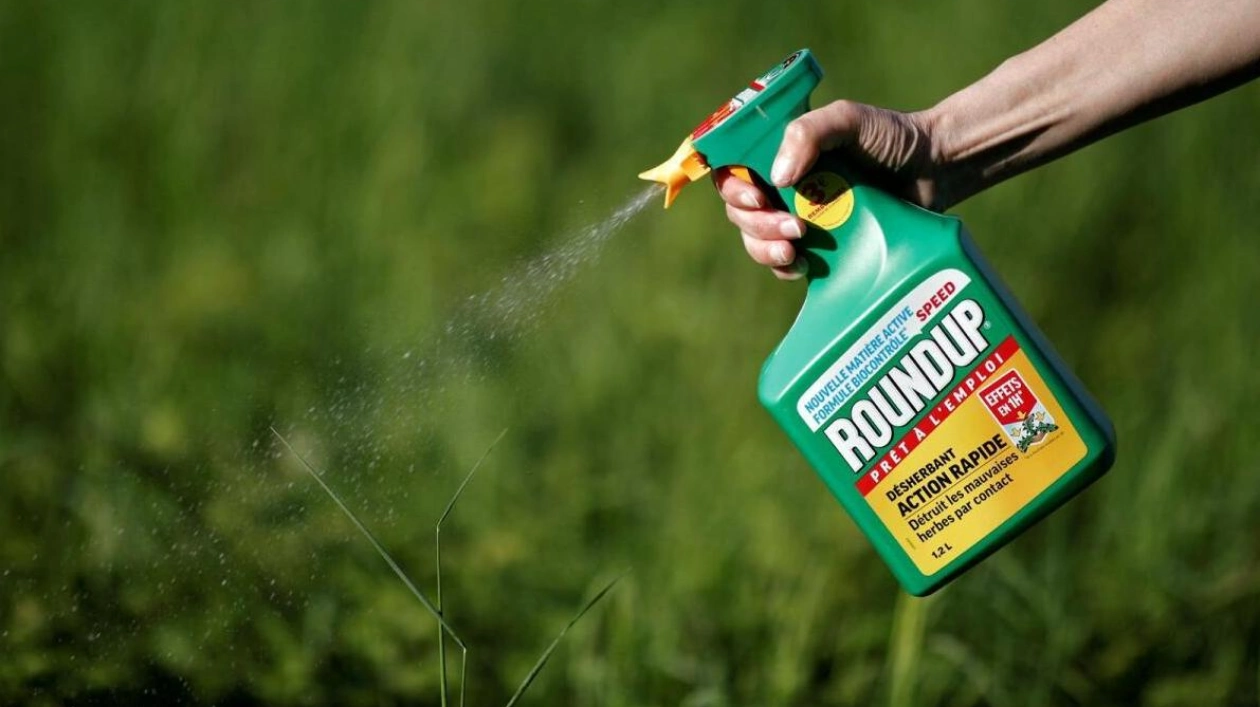An Australian judge dismissed a class action lawsuit on Thursday, which claimed that Bayer's Roundup weedkiller could cause a specific type of blood cancer. This decision is a positive development for the company, which is dealing with numerous similar lawsuits in the United States. Justice Michael Lee of Australia's Federal Court determined that there was not enough evidence to conclude that Roundup could cause non-Hodgkins lymphoma (NHL) on a balance of probabilities.
The German pharmaceutical and chemicals company has consistently asserted that Roundup, a glyphosate-based herbicide, is safe. Bayer stands firmly behind its glyphosate-based products, which have been used globally for nearly 50 years. The Australian class action, which involved over 1,000 claimants, is one of about 40 similar cases filed outside the U.S., primarily in Canada or Australia.
The lead claimant, Kelvin McNickle, who used Roundup for over two decades, developed non-Hodgkins lymphoma at age 35. In the U.S., Bayer has won 14 out of the last 20 Roundup trials, but it has also faced significant losses, leading to over $4 billion in damages. Despite some reductions in awarded amounts, the series of victories for plaintiffs has dashed hopes that the worst of the Roundup litigation was behind the company.
Bayer still faces more than 50,000 unresolved claims in the U.S. and a request to prevent future cases was denied by a U.S. court. Roundup was initially produced by U.S. agrochemical company Monsanto, which Bayer acquired in 2018 for $63 billion. To mitigate litigation risks, Bayer has replaced glyphosate with new active ingredients in its household products in the U.S., although it continues to sell glyphosate-based weedkillers to farmers.






